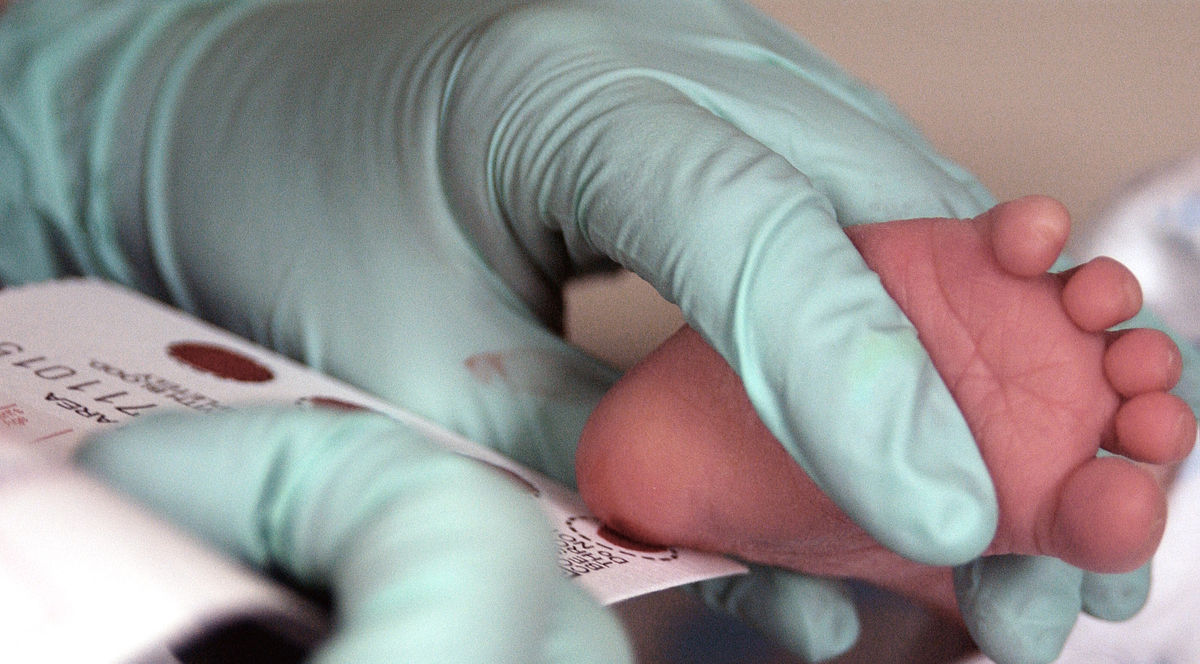U.S. Government: DNA Collected from Newborn Dried Blood Spots No Longer Protected From Being Used in Human Research
The Office for Human Research Protections at the U.S. Department of Health and Human Services used a Frequently Asked Questions (FAQ) to issue a notice on federally funded research using newborn dried blood spots taken by states for genetic testing at birth. Citizens’ Council for Health Freedom (CCHF) first discovered long-term state warehousing of newborn DNA in 2003 and has been educating Americans on the fact that some states store and use newborn blood spots without parental consent. CCHF has actively engaged parents to protect their newborn baby’s DNA and genetic privacy rights. The U.S. Department of Health and Human Services gave notice that newborn DNA will no longer be protected by parent consent requirements enacted in 2014. Newborns cannot protect themselves from genetic exploitation. Congress was right in 2014 to protect these newborn citizens from the taxpayer-funded genetic analysis, research and profiteering that were taking place, and will now take place again, without the consent of their parents. These dried blood spots, taken at birth as part of the state newborn genetic testing program in all 50 states, and stored indefinitely in some states, are prized for the DNA they hold. Texas has sold them and used them for barter. California sells them for about $20 to $40 per spot. Parents in Indiana, Michigan, Minnesota, and Texas have filed lawsuits, forcing several state health departments to destroy the newborn DNA blood spot cards they had stored for decades, and sometimes shared and used, without parent consent. The parent lawsuit in Minnesota went all the way to the state supreme court before the parents won. Congress should act now to restore the parent consent requirements that were in place for more than three years and the HHS Office for Human Research Protections have dismantled. The genetic privacy rights of the four million babies born in America every year are at stake.




